Home » Memory » Memory culture » Podcast
How to talk about the past and confront difficult war legacies? Why is remembrance important, and what is the Culture of Remembrance? Facts about the armed conflicts of the 1990s in the former Yugoslavia are subject to constant and deliberate distortion within the framework of dominant and state policies of remembrance. Through an audio podcast, the Humanitarian Law Center contributes to public dialogue on topics related to memory policies and cultures and facing the past, opposing the hegemonic narratives about the dissolution of Yugoslavia and the ensuing conflicts. The podcast addresses all aspects of the Culture of Remembrance, aiming to highlight the constructed nature of dominant narratives and deconstruct them through conversations with experts and activists in the field of grassroots memorialisation. The podcast is in the common regional languages, i.e. BCMS, with occasional episodes in English.

Human rights activists are increasingly using social media to promote justice and reconciliation...

Over the past decade, there has been a growing interest in how the...
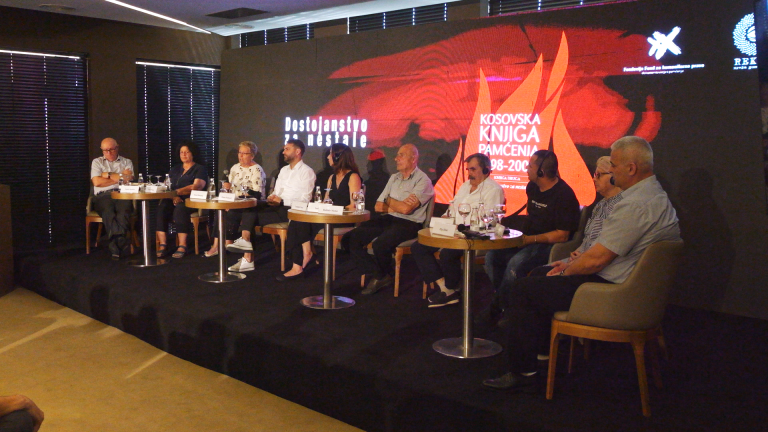
The initiative to establish the Regional Commission for Establishing the Facts about War...

Public memory of war victims is often dominated by ethnocentric narratives as a...
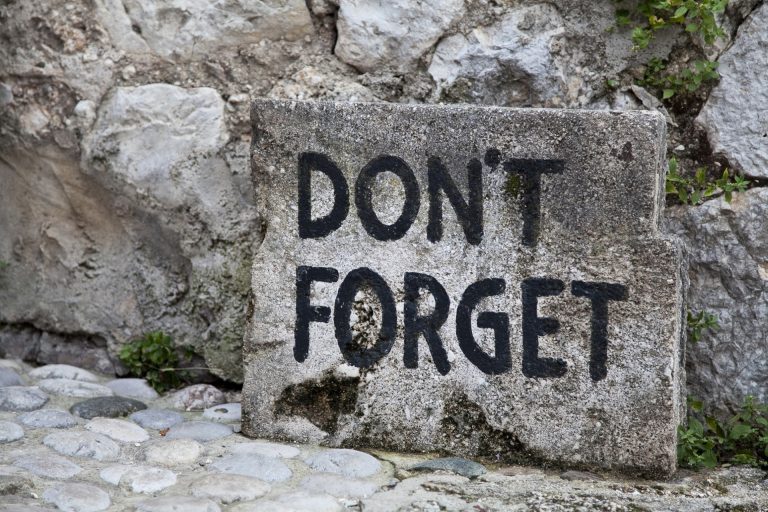
Germany constitutes a singular case of a society which was forced to reconsider...
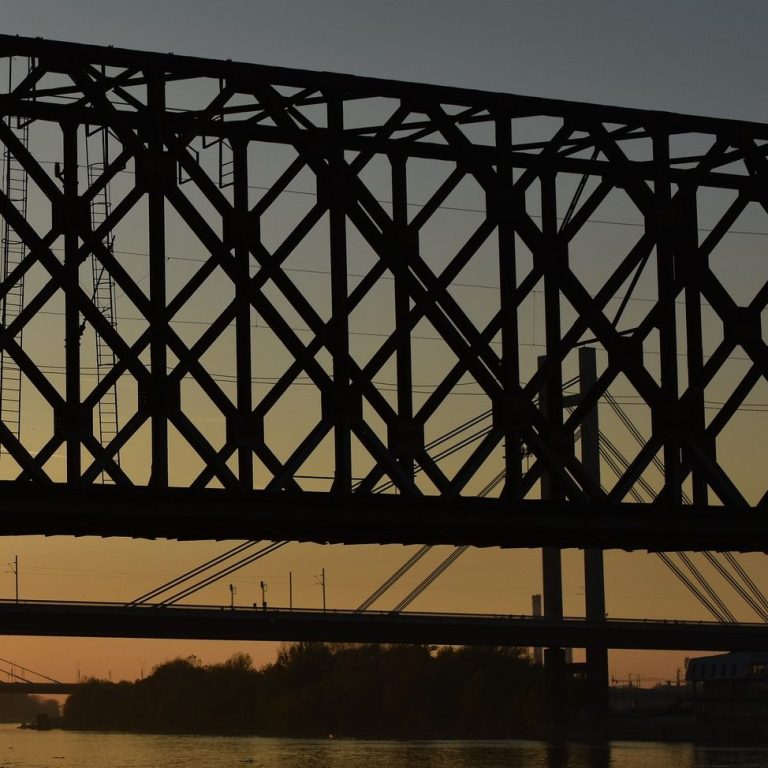
How did 24 March become the central site of memory in Serbia? In...
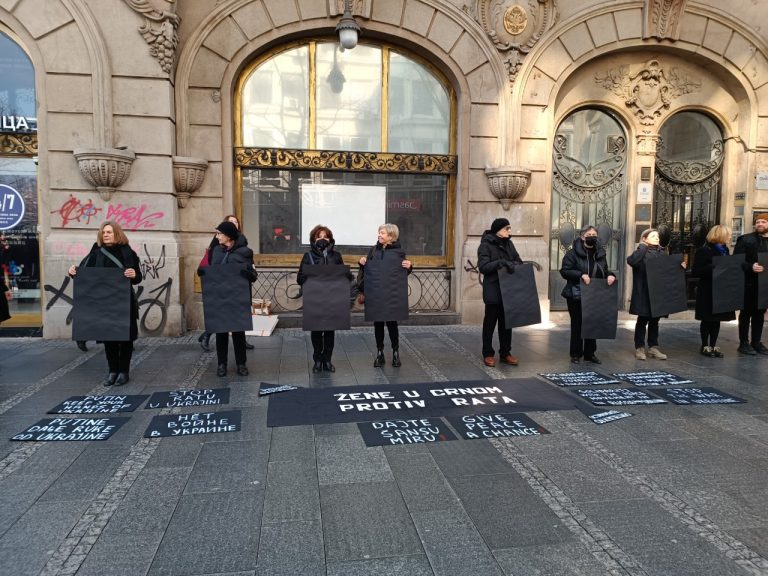
What is memory activism? What is the role of memory activism and alternative...

On 26 February 1992, without prior warning, the newly independent Slovenian state erased...
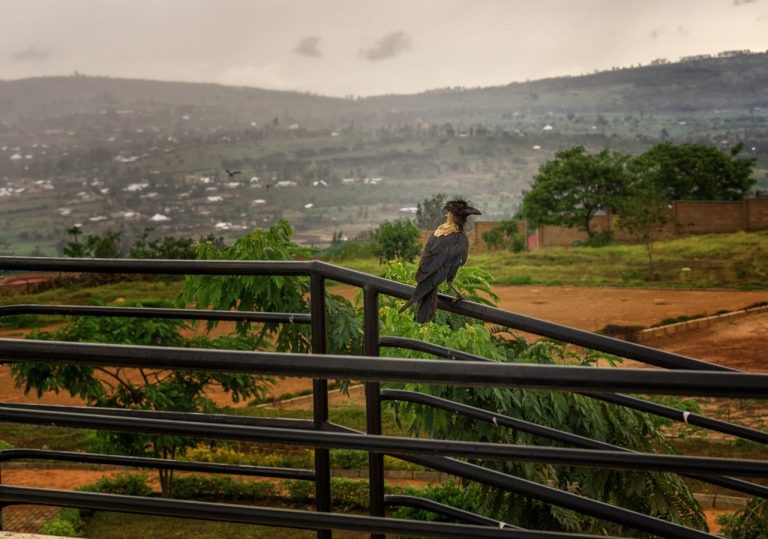
How is the 1994 genocide remembered in today’s Rwanda? How do Rwandans make...
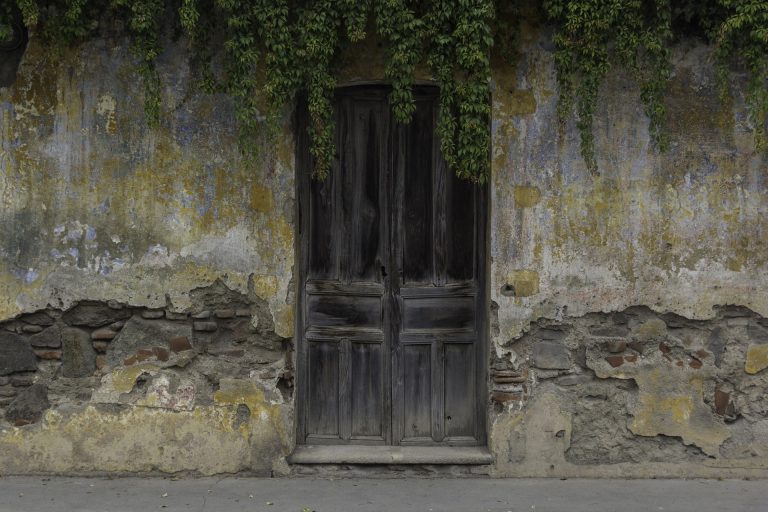
What is the role of forensic anthropology in the post-conflict context? In this...
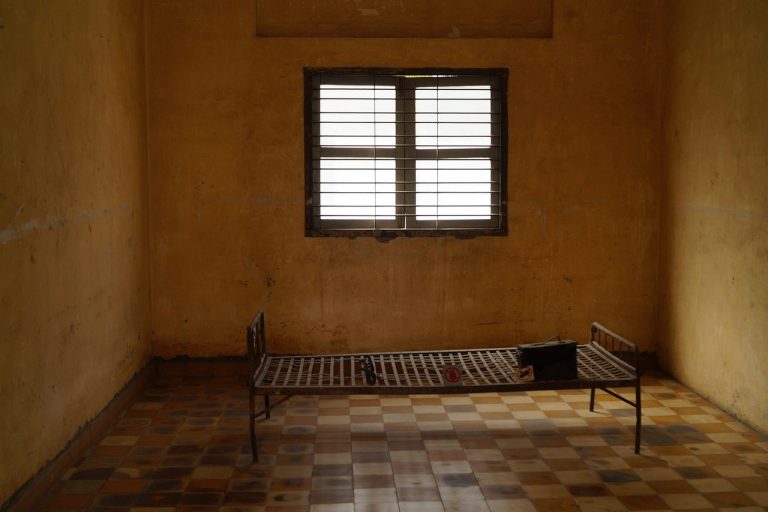
Why do people participate in genocide? What motivates the individuals to become perpetrators?...
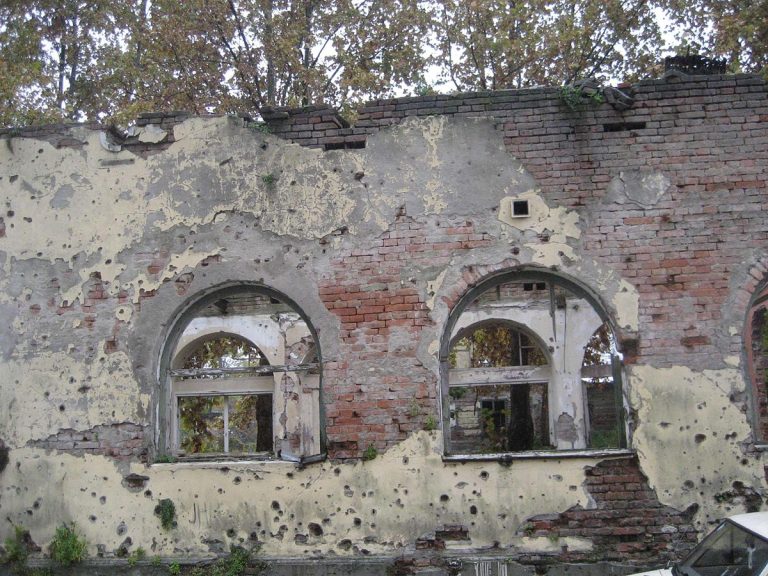
How and why does wartime violence against civilians occur in the communities that...
Koristimo kolačiće radi prižanja boljeg korisničkog iskustva i funkcionisanja ove prezentacije u skladu sa Politikom privatnosti i Uslovima korišćenja i Politikom kolačića.
Websites store cookies to enhance functionality and personalise your experience. You can manage your preferences, but blocking some cookies may impact site performance and services.
Essential cookies enable basic functions and are necessary for the proper function of the website.
You can find more information in our Cookie Policy and Terms of Use and Privacy Policy.